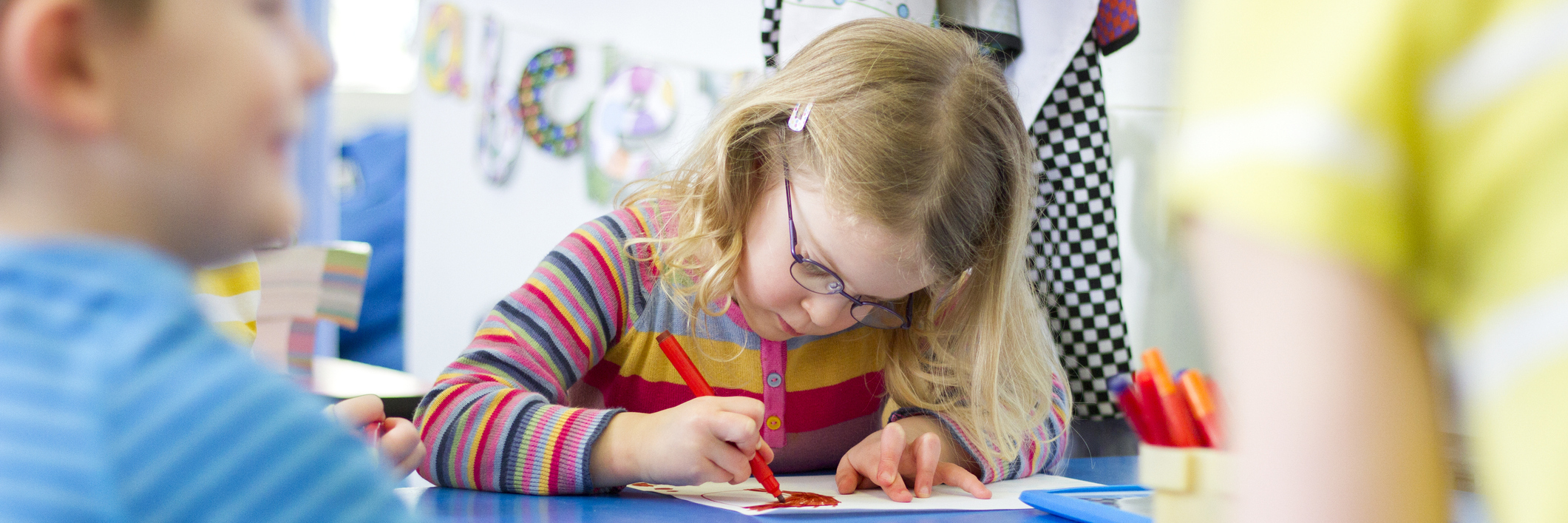My name is Leslie Templeton. I stand here as a student in the honors program at a top university, reading to you a speech I wrote myself. That is big for someone like me, because I am not your average student. You look at me, but you can’t see my struggles. I stand before you today as a product of the special education system in public schools.
I am a reader. I love books more than anything in my life. They hold a special place in my heart. This love would have never materialized if it wasn’t for special education in my public school. At the age of 8, I was diagnosed with ADHD and severe dyslexia. It wouldn’t be until third grade that I started reading, fourth and fifth grade until I hit grade level reading, and sixth grade until I surpassed my peers and was considered to be at a 12th grade reading level. Because of special services I was able to receive under legislation like IDEA and the Rehabilitation act of 1973, I did something I probably never would have if I had been born 30 years prior — I learned to read.
To be able to speak to you today demonstrates the privilege I was blessed to have. I am only one student of the 13 percent of all students receiving special educational services. I came from a nice town, grew up in a family with money at the time when I was diagnosed with my disabilities, and I am white. I bring this up because I am not the face of disabilities, just one of the many. For someone who has come from a marginalized community, I still held a lot of privilege growing up. I went to an excellent public school in a state with a great special education program. Not every student will be as lucky.
Seen as less than equal to our peers, many see us as burdens to the education system, believing they shouldn’t waste money because students like me will not amount to much. Tell that to my multiple internships and a job, and the taxes I give the government with every paycheck. I am a functioning member of society, like almost all special education students are capable of becoming. It’s one of the reasons I became a disability and education advocate, to demonstrate that we matter. Yet we are disproportionately represented in prisons, especially within female prisons where 40 percent have at least one disability. Also, a staggering 50 percent of people shot by police are disabled. Not only that, but us students with disabilities receive inadequate education in many states. It is our job as a society to look at these injustices and take a stand.
The first injustice I ask you to stand against is the under-funding of the Individuals with Disabilities Education Act. The government is supposed to fund 40 percent of the bill for special education programs but falls short of that by more than 17 billion dollars, funding it only 16-17 percent. We owe it to our students with disabilities to have it fully funded and have services provided to all students, no matter what public school they go to, the color of their skin, their native language, and the type of disability they have. I ask you to stand for public school special education. Thank you.
We want to hear your story. Become a Mighty contributor here.
Thinkstock photo by DGL Images.

